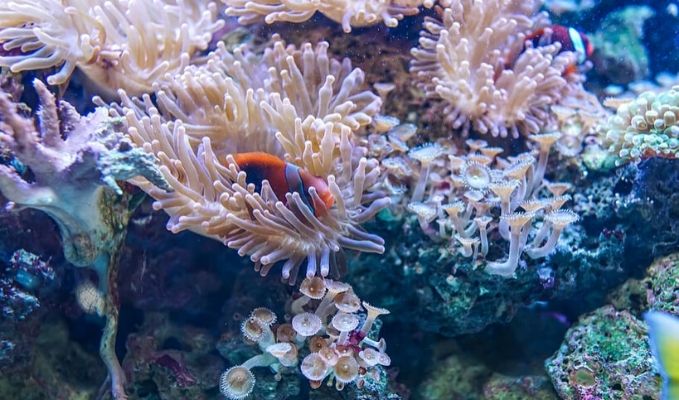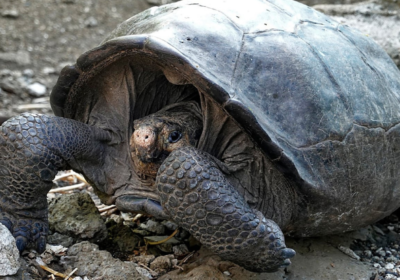Environment and its conservation is a hot topic in the present times of drastic climatic changes. The world is witnessing unprecedented changes in every sphere. Our youngsters should cultivate an awareness about these changes as they are advocates of tomorrow. Let us have a short update about the most important environment news for students that happened in the past month.
Antarctica registers the hottest temperature ever
Global warming showed us a live demonstration of its consequences when mercury levels rose up to an all-time high in Antarctica. The reading taken on February 6, at the research base called Esperanza showed the temperature as 18.30C. Although the data needs to be verified by the World Meteorological Organization, this information has cast a dark cloud in the minds of environmental experts.
Frida Bengtsson, who is leading the Antarctic expedition for the organization, Greenpeace, opined that the reports are not surprising. She reported that the team saw a major decline in the number of penguin colonies due to the drastic climatic changes. Antarctica is a region which is badly affected by global climatic changes. It is high time we took measures to save our planet from an impending disaster.
Effect of methane emissions by humans underestimated
When the entire world is battling global warming and its ill-effects, any data that can contribute significantly to it needs a thorough study. A team of researchers from the University of Rochester conducted a study on the amount of methane emitted into the air by humans. The team found that controlling the emission of methane may play a pivotal role in curbing climate change.
Methane is a powerful greenhouse gas that contributes to global warming. Though it comes next only to carbon dioxide, methane has a relatively lesser shelf-life. While carbon dioxide emissions remain in the atmosphere for over a century, methane remains only for nine years on average.
This is the reason why reducing the emission of methane is crucial to controlling global warming. A reduction in carbon dioxide emissions will take decades to show any favorable effect. But if we reduce the level of methane in the atmosphere, the effect will be reflected faster. This data is significant for research on climate change.
A calculated plan to save the oceans

Considering the fact that the oceans cover almost 71% of the Earth’s surface, protecting our oceans is of prime importance. There are millions of varieties of marine life in our oceans. Several of these beings are losing their habitats due to human actions.
A study led by the University of Queensland has formulated a new approach for saving marine biodiversity. According to the study, it is essential to conserve at least 26% of our oceans to ensure that the entire marine life is protected. Dr. Kendall Jones who led the study opined that in order to preserve a portion of the habitat for all marine species, we would require 8.5 million square kilometers of new conservation areas.
The researchers used a mathematical approach to identify the minimum area required to ensure the survival of each species. They mapped more than 22,000 marine habitats in order to find the required area. The conservation efforts should include creation of no-fishing zones and putting an end to unsustainable commercial fishing operations.
Did you find the latest environment news for students interesting? Keep checking our News section for all the latest news developments, curated in a manner useful for students.




